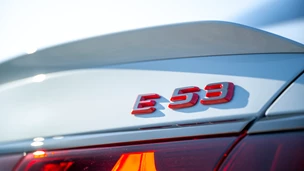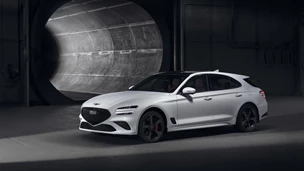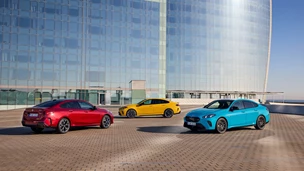Introduction
Since 2009, the Nissan GT-R – recognised as a rocket ship on wheels has been setting the car world alight with supercar speed for a sports car price. For this very reason, the Japanese model has gained the nickname, ‘Godzilla.’
In 2011 the car was given a facelift, but 2017 was when we saw the biggest changes made to the GT-R – new styling, more power and more performance. Considering the original could do 0-60mph in less than 3.5 seconds, how much faster could the GT-R even get? Read on to find out…
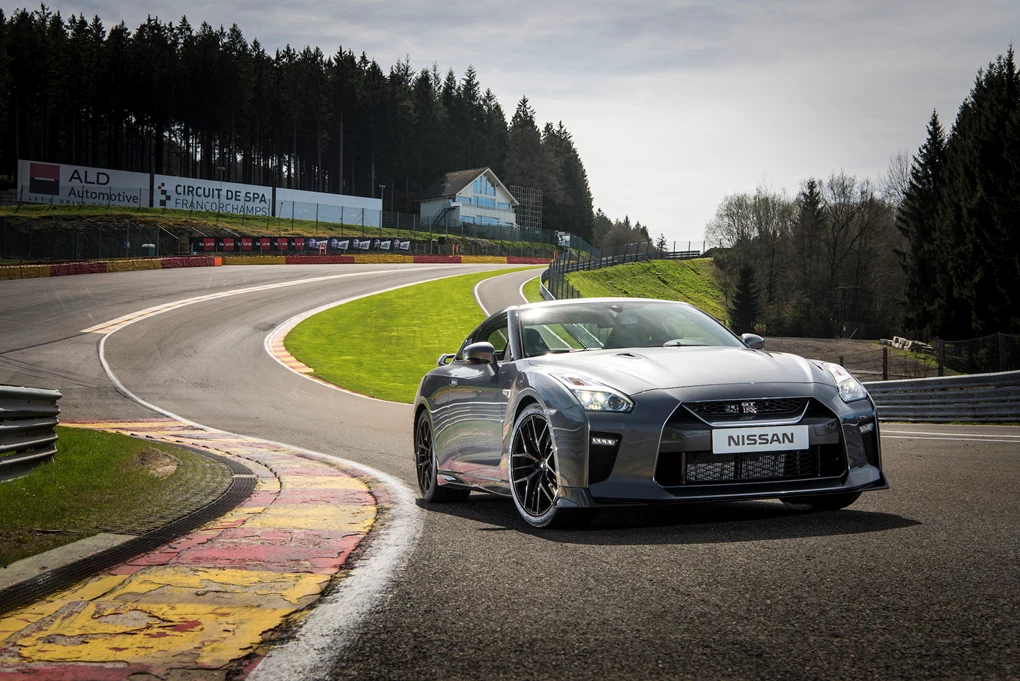
Performance
Under the GT-R’s bonnet is a 562bhp 3.8-litre twin-turbo V6 with 637Nm of torque. All of this means that launching it is like going into hyperspace. Just tickle the throttle and you’ll find yourself forced back into the seat as the car shoots away.
If you want the specifics, the GT-R does 0-60mph in just 2.7 seconds and will go on to a top speed of 195mph. That’s more than enough to give most supercars a run for their money. And if that isn’t enough (for some reason), the 592bhp Nismo version is available for those who want the ultimate GT-R.
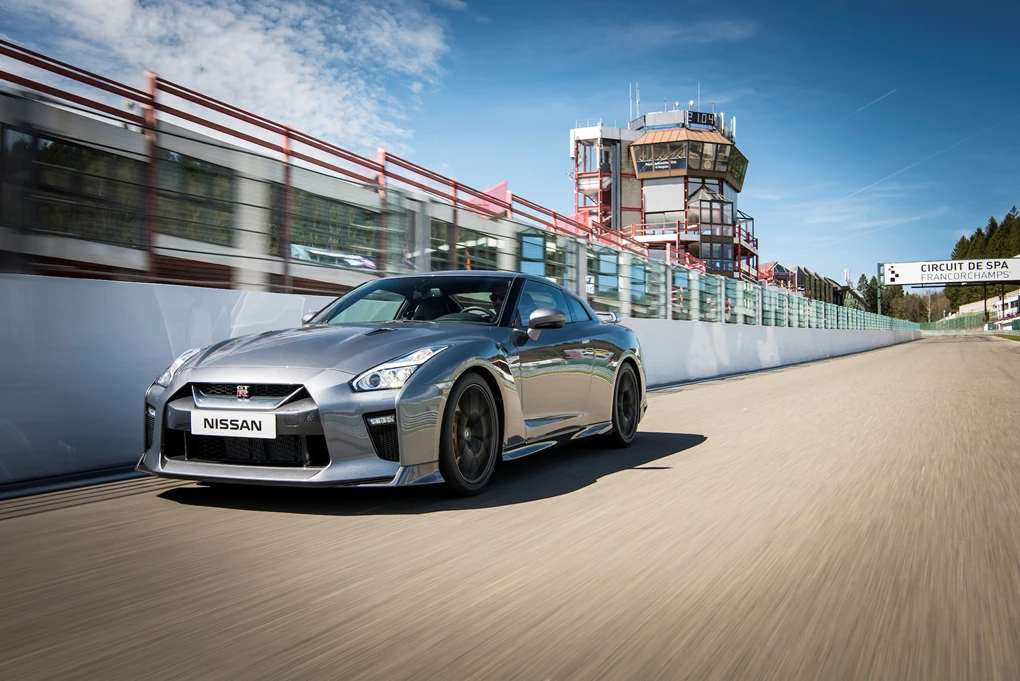
Ride & Handling
One of the reasons the GT-R is so fast is because of its clever and competent all-wheel drive system. Thanks to this setup, the car is able to put all it’s power down and maintain grip through the bends. It is a bit on the heavy side for a supercar - tipping the scales at 1.8 tonnes - but it must be said that, while the weight is noticeable, it doesn’t cause much of a problem.
For 2017, Nissan wanted to make the GT-R a better and more comfortable everyday driver. In order to do so, changes were made to the suspension, meaning the ride is softer than ever before. To the rejoice of GT-R fans everywhere, the car’s cornering ability didn’t suffer due to this change– so the car is still an exciting B-road machine.
See Available GT-R Deals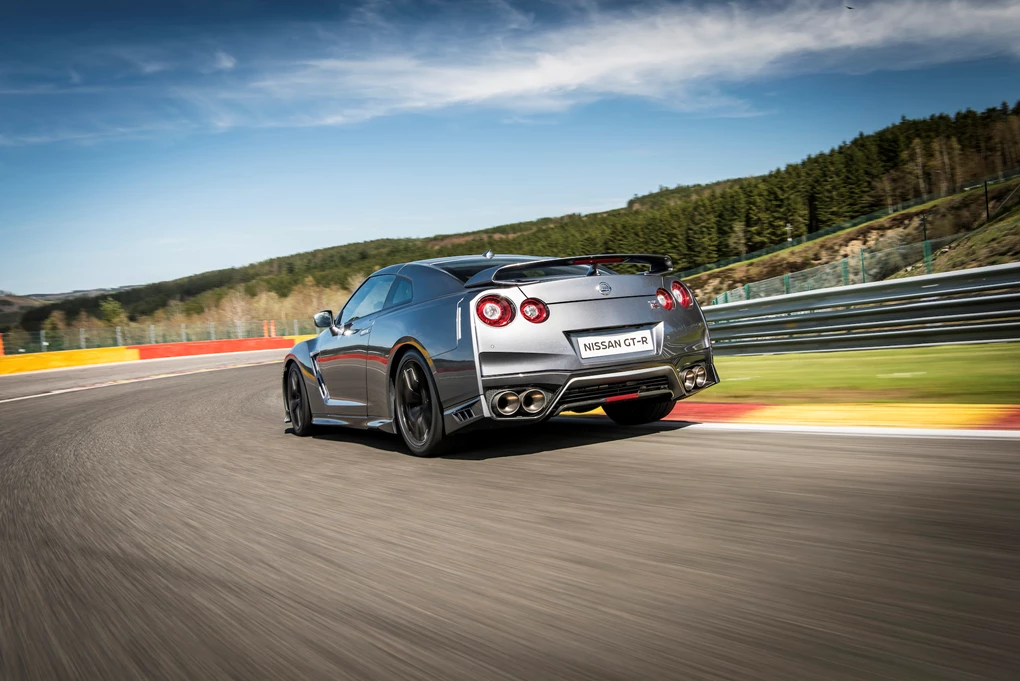
Interior & Equipment
One of the negatives about the old GT-R was that the interior was a bit tacky and lacked refinement. Of course, you pay the premium for the performance, but the cabin still matters. Luckily, in 2017 Nissan addressed this by making the inside a nicer place to be. Sure, it does look old by today’s standards, but overall the cabin is better.
The same story applies to the equipment. The enlarged 8.0-inch centre touchscreen is a good size and can display useful things like sat nav and the car’s technical information. You also now get a DAB radio and a reversing camera as standard – so that’s a plus. And while we can’t deny the improvements made, the quality of the equipment feels very out-dated. The graphics and responsiveness of Nissan’s infotainment system is unfortunately not up to modern day standards.
Then again, you have to remember you’re paying mainly for the GT-R’s performance, not the tech. To most the lack of state of the art equipment won’t be a deal breaker.

Cost
The Nissan GT-R currently starts at £81,995 for the entry level Pure model. As you go up the range, you’ll find the £84,995 Recaro model, £85,995 Prestige model, £94,995 Track Edition, and then the top-spec £151,995 Nismo. Each upgrade adds things like sportier seats, better suspension and different wheels.
In terms of running costs, it’s safe to say the GT-R is rather thirsty – with fuel economy pegged at a quoted 23mpg. So, while it may be cheap to buy compared to similarly performing rivals, it will be quite expensive to run. Hopefully when Nissan replaces it they can make the car more economical through lightening and updating the powertrain.
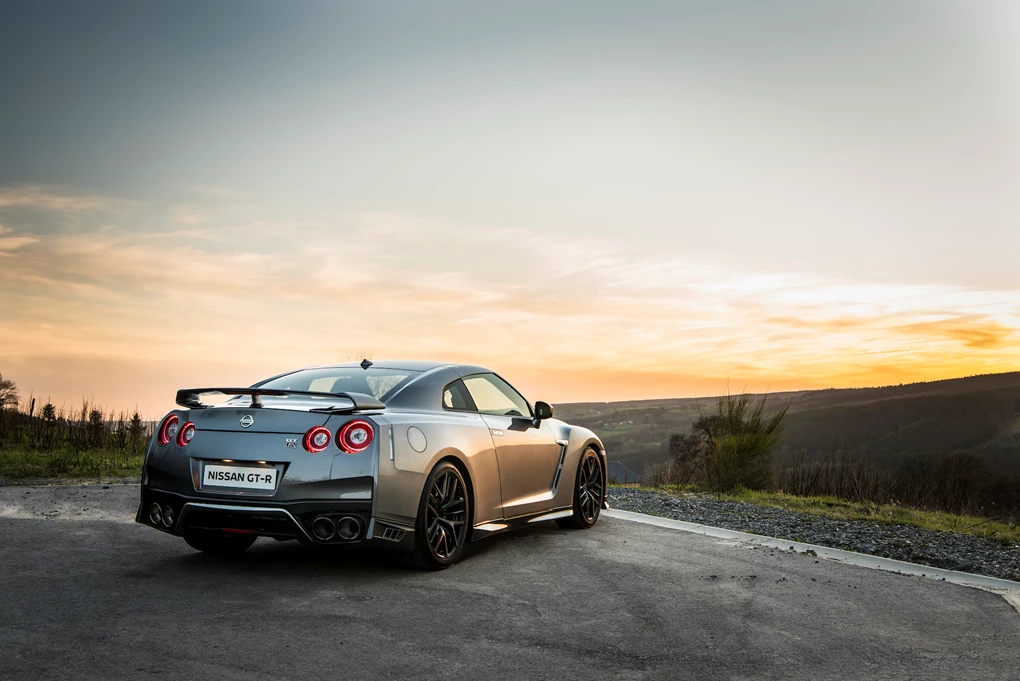
Verdict
The Nissan GT-R undoubtedly has more bang for your buck than pretty much every supercar on the market. And, despite what the Nissan badge may suggest, this car has tons of character and appeal. It may be on the old side, but that adds to the charm. What’s more, the sensational performance and, most notably, the sheer ferocity of the way it launches easily warrants the premium alone. That’s right; Godzilla’s still got it.


